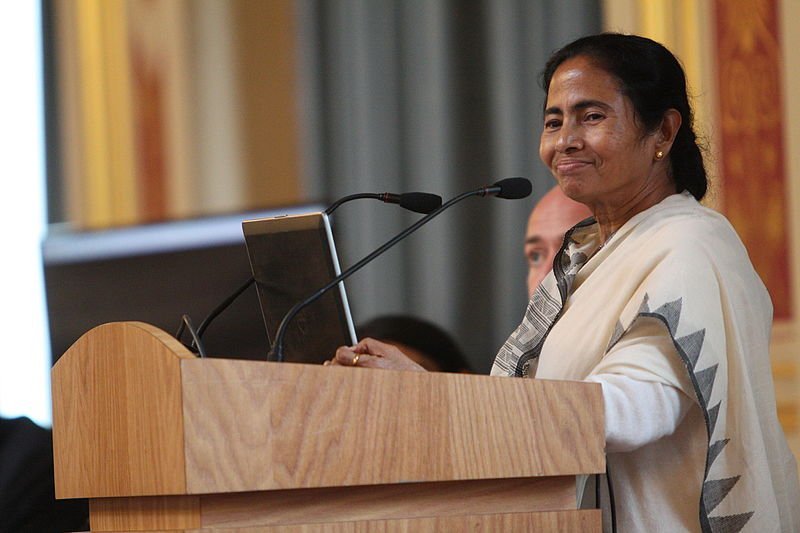West Bengal will not participate in Modicare, says Chief Minister Mamata Banerjee.
The National Health Protection Scheme (NHPS) has polarised opinion since it was announced in the Budget earlier this year. Its financing has been an area of particular scrutiny, with controversy over the Centre’s plans for states to bear part of the cost.

A waste of hard-earned resources?
Banerjee says West Bengal will ‘waste its hard-earned resources’ if it contributes to the NHPS. Speaking at an event in Krishnagar, Banerjee said the scheme will clash with existing health coverage schemes in West Bengal such as the Swasthya Sitha, which she claims has enrolled 50 lakh (5 million) people to date. She asks why the state should spend on another programme when it already has its own.
Much of the scrutiny surrounding the NHPS has centred on its financing. Estimates of how much the programme will cost have varied.
The scheme is expected to reach 100 million economically-vulnerable households, covering roughly half a billion people. The Centre projects a cost of Rs 1,100-1,200 per household per year and a total cost of Rs 10,000 crore in the first year. However, insiders say additional funding may be required. This means the NHPS could “cost the exchequer anywhere between Rs 100 billion and Rs 120 billion” according to Business Standard.
The Centre will contribute 60 percent of the cost in the first year, with the remainder to be provided by the states. This has proven controversial, as the state governments have not yet given their consent to help finance the scheme.
‘You cannot force us to pay’
Banerjee has attacked the Centre for not consulting the states before announcing the policy. She says, ‘We cannot accept the central government’s diktat. You have decided that 40% of the funding would have to be borne by the states. Did you discuss with us? You cannot force us to pay.’
Many states already provide their own health coverage schemes. These include the Chief Minister’s Comprehensive Health Insurance Scheme in Tamil Nadu and the Comprehensive Health Insurance Scheme in Kerala. The Wire says adopting NHPS would cause ‘unnecessary disruptions’ to these schemes, potentially at the expense of their beneficiaries.
At present, the lack of clarity surrounding what form the NHPS will take is causing difficulty for states in gauging what their commitment will need to be and how their existing initiatives will fit in – or if they will fit in at all. The NHPS does not provide for improving healthcare infrastructure and increasing resources and personnel. In states where these are lacking, implementing NHPS will prove even more of a challenge.

